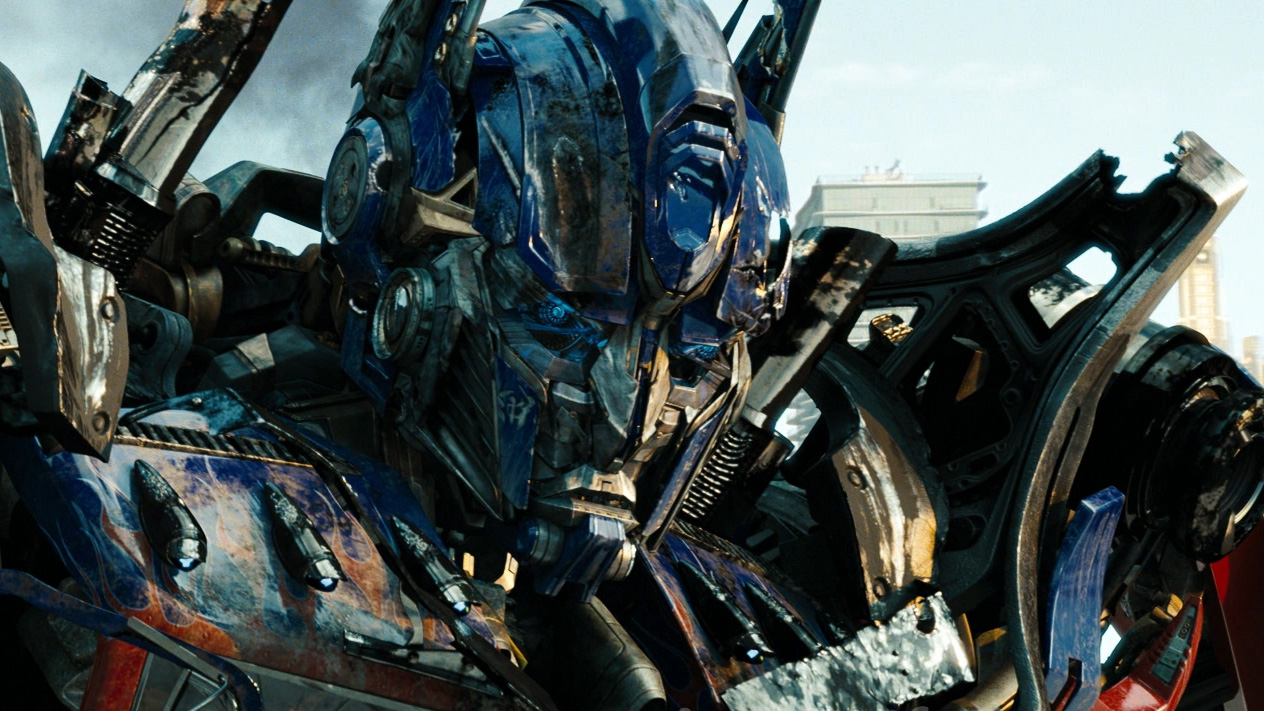Men are best at recognising faces - so long as they're on Transformer toys
Bah-weep-graaaaagnah wheep ni ni bong

In all scientific studies to date, women are either better than men at identifying faces, or there is no gender difference. But now, for the first time ever, psychologists have found one category of faces that men are better at.
It's the faces of Transformers. Yeah, that sound you just heard was every man on Earth collectively wincing in embarrassment. But wait, because there's some fascinating science behind it.
A team of researchers at Vanderbilt University conducted a study that compared men's and women's ability to recognise faces. In the test, volunteers were given six images to study, then shown groups of three images and asked to identify which of the three appeared in the initial six. They did this with male faces, female faces, Barbie doll faces, Transformer faces and different types of car (as a control).
Statistically Significant
As in previous studies, men did slightly better than women when it came to recognising the cars. And in this research, men and women performed equally well with human faces. But when it came to the toys, things were more interesting.
"We found that women had a small but statistically significant advantage at identifying Barbie faces while men had a small but statistically significant advantage in identifying Transformer faces,” said Isabel Gauthier, who led the research “This is the first category of faces where men do better than women.”
The reason, the researchers believe, is because of the toys that participants played with as children. “Women had much more experience studying Barbie faces and men had much more experience studying Transformer faces.” said Gauthier. "We believe that experience plays a major role in facial recognition."
Ruling Out
Interestingly, the people who were best at recognising human faces were generally those who were best at recognising the faces of the toys - which helps rule out the possibility that men see Transformers as objects rather than faces. There was a much weaker relationship between people who were good at recognising toy faces and those who were good at recognising cars.
Sign up for breaking news, reviews, opinion, top tech deals, and more.
“Clearly, the faces you experience as a child leave a trace in your adult memory,” Gauthier said. “It is unlikely that this effect is limited to these particular toys.”
The full details of the study were published in the journal Vision Research.
